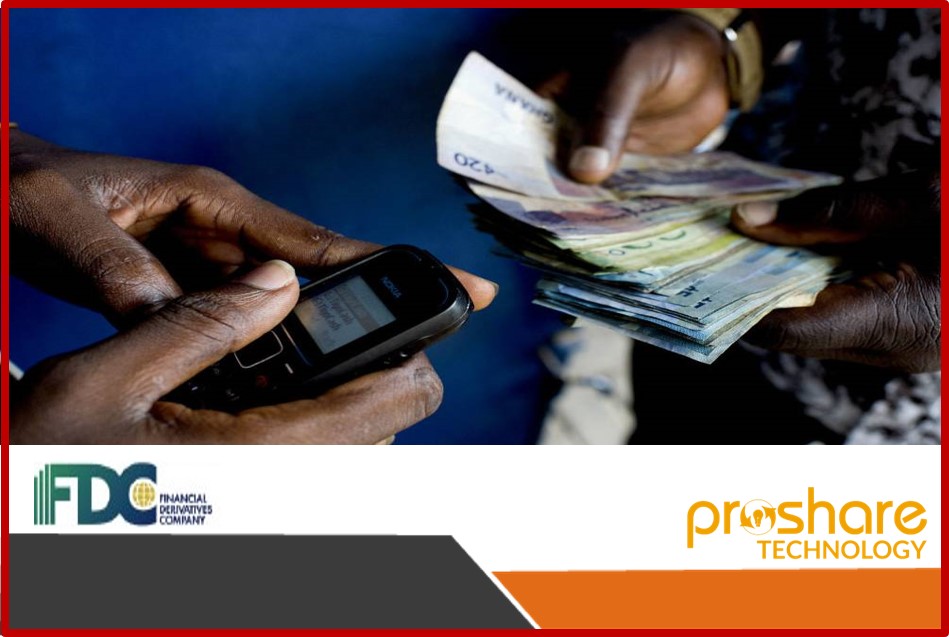Proshare Nigeria Pvt. Ltd. The coronavirus pandemic has supercharged growth of mobile money and credit on the continent. Consumers struggling with Covid-19 shut-downs across sub-Saharan Africa have found a new place to get cash to make ends meet: their cellphones. Tidahy Jacquot, 65 years old, a retired ministry of transport worker who lives in Madagascar’s capital city Antananarivo, hasn’t received any government grants or assistance and has been unable to make his normal income doing odd jobs. But he did get a loan of 60,000 ariary, equivalent to about $16, via his account with French telecom giant Orange SA. By depositing more money into his mobile money wallet, he qualified for a loan and got an answer to his request for cash in about 10 seconds. He used the digital cash to stock up on rice. "I am thankful… it was helpful in a critical moment", he said.
African consumers have long been paying each other for goods and services on cellphones, making them among the earliest adopters of mobile money services in the world. The pandemic has turbocharged the usage of digital cash. It has also hastened the use of cellphones not just to transfer money, but also to take out loans and deliver government assistance. During the pandemic, African governments bolstered the use of digital payments, known locally as mobile money. The goal was to reduce the usage of hard currency, which requires people to meet face to face and handle physical paper or coins – as well as to keep citizens at home.
Mobile money differs from popular payment apps like PayPal in the West, or Alipay in China, in that it isn’t connected to an underlying bank account. The telecom service processes the transactions. Customers dial a code and then follow simple prompts on their phones, which often are pre-smartphone era devices and don’t require internet access. They enter the number of the person they want to send money to and the amount.
The Central Bank of Kenya eliminated transaction fees for low-value transactions, among other measures, which it said spurred "a significant increase in the use of mobile money channels by individuals in both value and number of transactions".
The bank added that the move "helped cushion the most vulnerable households" and saw 1.6 million more households start using mobile money. Mozambique, Zambia and Rwanda cut mobile money transaction fees and increased balance and transaction limits. Ghana’s government […]
